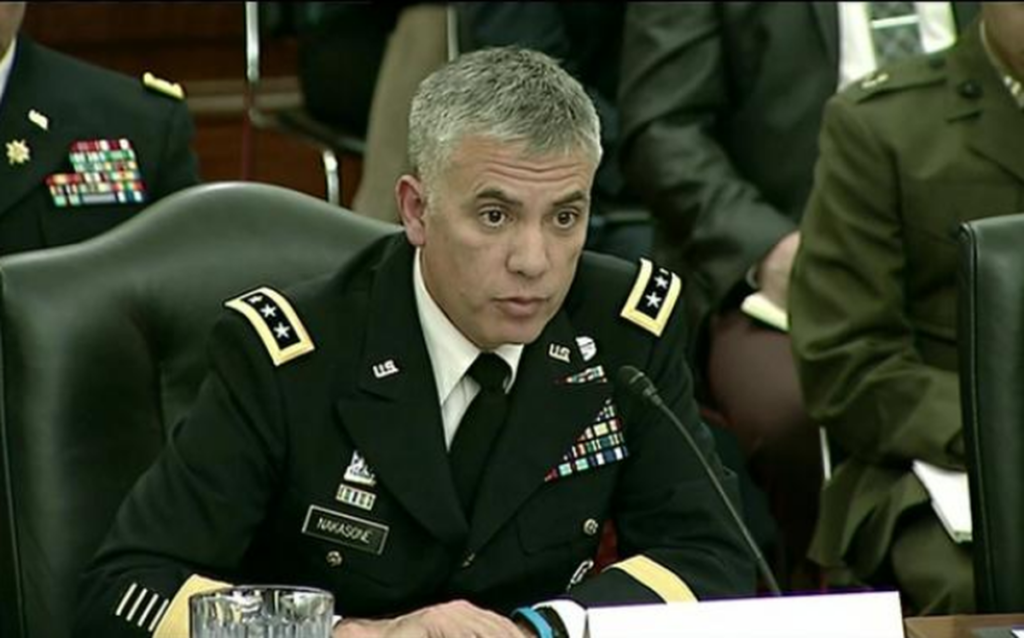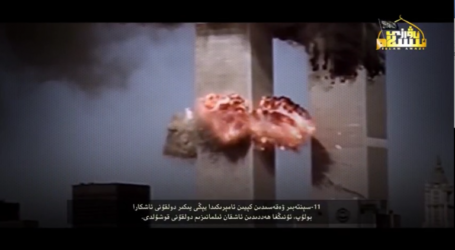Cyber Command nominee: attacks must come with a cost
Lt. Gen. Paul Nakasone, the nominee to be the next commander of Cyber Command and director of the NSA, said in prepared remarks before the Senate Armed Services Committee March 1 that the organization must be prepared to “impose costs” on adversaries for cyberattacks.
While the U.S. has increased its capabilities and worked to integrate cyber operations into traditional military plans so too have adversaries. Nakasone points to exponential growth in cyber threats to the nation.
To combat these growing threats, Nakasone said in prepared remarks for his confirmation hearing that the U.S. needs to impose costs on adversaries to “ensure mission success by persistent delivery of cyberspace effects in defense of our Nation and in support of our combat forces.” Current and previous administrations have been heavily criticized by Congress for a lack of deterrence in cyberspace.
Outgoing Cyber Command and NSA chief Adm. Michael Rogers testified before the same committee this week that Russia’s president Vladimir Putin has “come to the conclusion that there’s little price to pay and that therefore, ‘I can continue this activity,’”
Both Rogers and Nakasone, in his written remarks, noted that cyber does not occur in a vacuum and a whole of nation approach – to include government, military, industry and academia – is critical to success in deterring action in cyberspace.
Naksonse told senators during his hearing that while adversaries don’t fear the United States he offered three ways to change the calculus:
– a strategy and doctrine for how the U.S. operates, which will also send a message to adversaries;
– establishing norms so adversaries and bad actors can’t fill the international void and lastly; and
– not to think of cyber as only a cyber response.
Nakasone said cyber readiness would be his top priority if confirmed and that he must be able to assess the ability of cyber teams to perform their mission.
In addition to his role as the head of the military’s preeminent cyber warfighting organization, Cyber Command will also take the reins of the NSA, the nation’s premier signals intelligence organization, under what is known as the dual-hat arrangement.
Some believed with Rogers’s retirement, the Trump administration might take the opportunity to sever the dual hat and name separate leaders. It appears, for now, the dual hat arrangement will endure, at least for the near term.
“I don’t have a predisposed opinion on this,” Nakasone said when asked what his opinion on keeping or splitting the dual hat is. He said it’s best to begin with what’s best for the nation? Is it best for NSA and CYBERCOM to stay together under one leader or be two separate organizations. If confirmed, he said, one of the early things he’d do is make and assessment within 90 days to the Director of National Intelligence and Secretary of Defense.
“For the past ten years, I have had the privilege to lead, plan, and execute Joint and Army cyberspace operations supporting national, Combatant Command, and Service missions. In this decade I have seen incredible growth in cyber capacity and capabilities within the Department of Defense,” he wrote. “When I first started working cyber, operations were often just concepts, and when conducted, performed ad-hoc by technical specialists on loan from other organizations. Today that is not the case. Now, a mature and highly-capable Cyber force is built and in the fight, aggressively defending our network, conducting daily operations against adversaries, and strengthening the combat power and lethality of U.S. forces around the world.”
NSA is a critical partner to Cyber Command, as well as global military commanders serving as a combatant command support agency, as it provides cyber warriors critical intelligence and mapping of networks it penetrates for espionage purposes.





